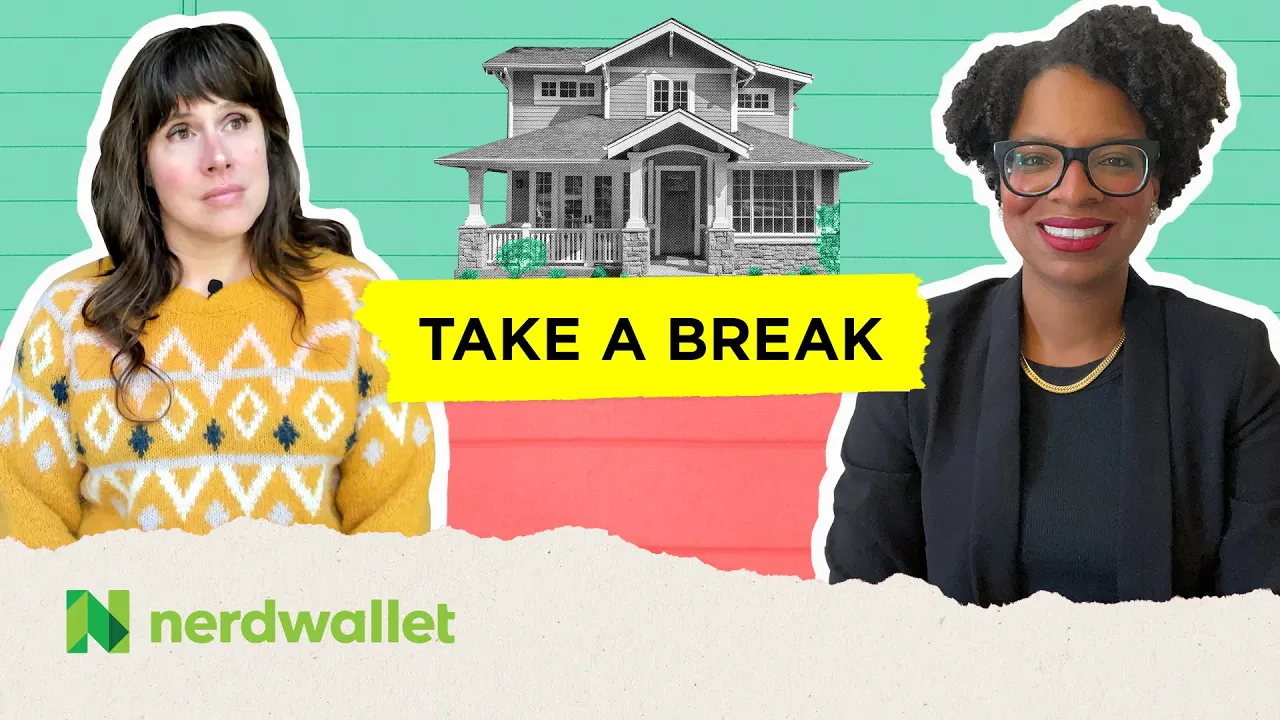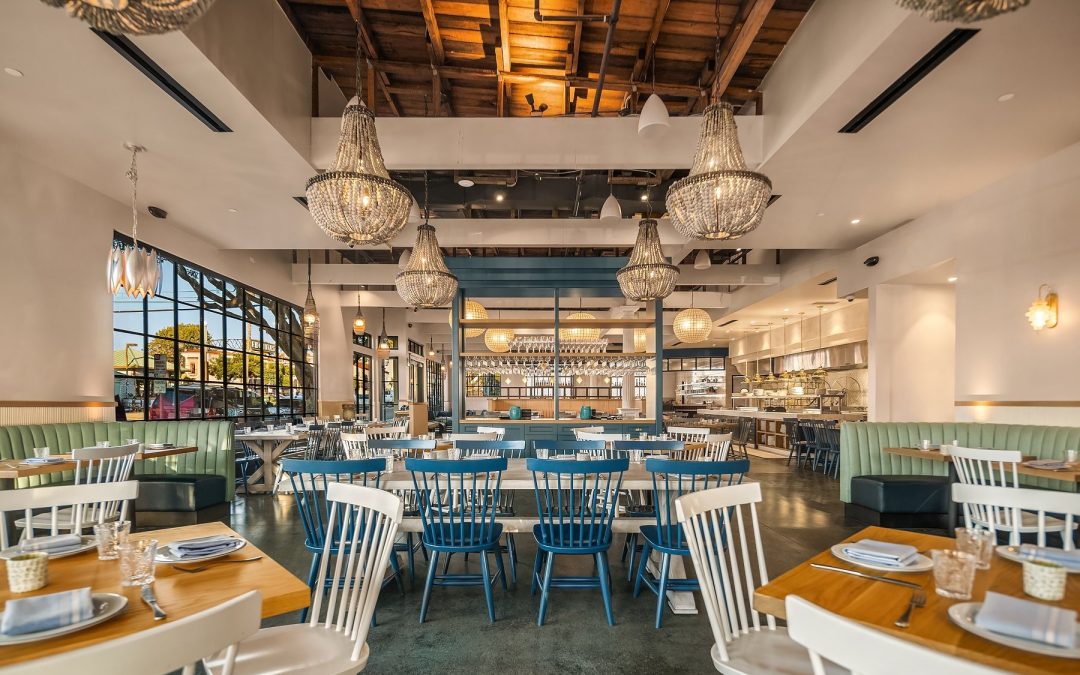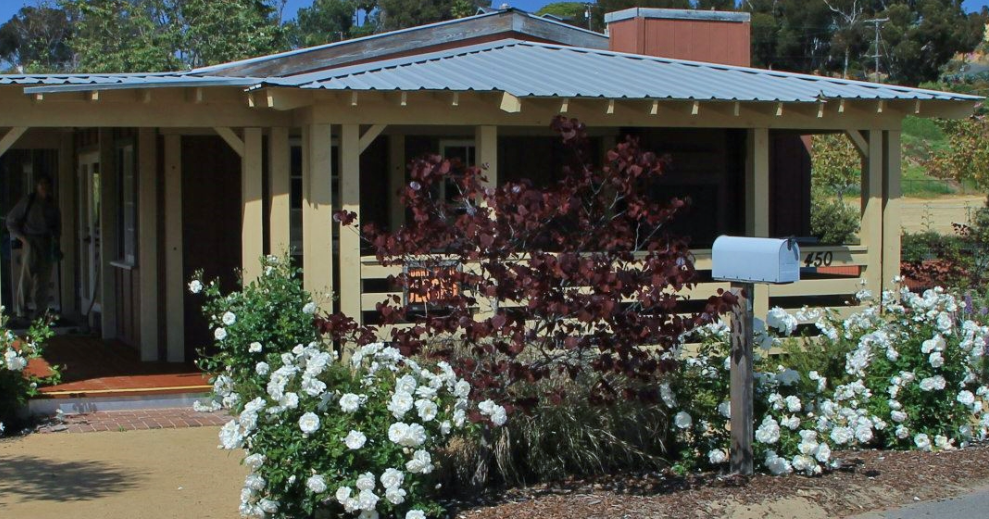Buying a house is often painted as an essential milestone in life, a marker of success and stability. But the truth is, the decision to buy a home is a deeply personal one, influenced by a cocktail of financial readiness and emotional preparedness. Let’s dive into some critical indicators to help you assess if you’re truly ready to take the leap into homeownership.
First up, financial readiness. The cornerstone of being financially prepared for homeownership starts with a steady income and stable employment. Knowing you have a reliable cash flow to cover your mortgage payments is crucial. Yet, it’s not just about the now – looking ahead is vital. Will your job still accommodate your needs in the years to come, especially as you settle into your new home? And speaking of the future, having a solid grasp on your plans is essential. The last thing you want is to buy a house only to realize a year down the line that it no longer fits your lifestyle or life trajectory.

- Navigating the path to homeownership with financial wisdom. Source: nerdwallet.com
Then there’s the matter of savings. Accumulating enough for a down payment and closing costs takes time and discipline. But these savings are your first line of defense against the unpredictable nature of real estate and homeownership; they’re the testament to your readiness to bear this financial burden. Moreover, ensuring you’re mentally prepared to shoulder the ongoing responsibilities—routine maintenance, emergency repairs, and unforeseen costs—is part of being financially prepared for the home-buying journey.
Shifting gears to emotional readiness, let’s ponder on the lifestyle change that comes with buying a home. It’s not just a financial commitment—it’s a personal one. Your home becomes a central part of your life, a place where memories are made. This transition demands a level of emotional maturity and readiness. Are you prepared for this change? It’s not a decision to be made lightly or in haste under societal or familial pressures. Your readiness should come from within, a confident step forward based on your terms.
Moreover, settling in one spot is a significant consideration. It ties you to a location, overseeing the long haul. If your spirit yearns for adventure or your job demands flexibility, tying yourself down to a property might not align with your current lifestyle. And while the charm of a “home sweet home” is undeniable, finding a balance between your budget and a dwelling that fits your vision for the future is key. The goal is a space that nurtures your life, not one that becomes a source of regret.
Next, understand the market. It’s about timing and trends. Is now really the best time to buy, or would waiting a bit longer work to your advantage? Different mortgage options and their implications on your finance are another aspect to meticulously research. And then there’s your credit score—a pivotal factor in securing favorable mortgage terms. All these elements form the backbone of your pre-home buying homework, ensuring you’re not jumping into the market unprepared.

- Envisioning your future home and lifestyle adjustments. Source: nerdwallet.com
Looking to the future, does the home align with your long-term goals both personally and professionally? And is there room in your budget to adapt to changes—expected or otherwise? Investing in a house that also holds potential resale value, considering possible home improvements, and ensuring you have a safety net for unexpected expenses are all elements of forward-thinking that protect your investment and your peace of mind.
In conclusion, buying a house is as much an emotional decision as it is a financial one. It’s a milestone that should only be achieved when you feel wholly prepared, both in terms of your finances and your mental readiness. Assess your situation, contemplate your future, and proceed when you’re confident it’s the right step for you. After all, a home is not just a place where you live; it’s a canvas for your life’s most precious moments. Make sure you’re ready to start painting.





